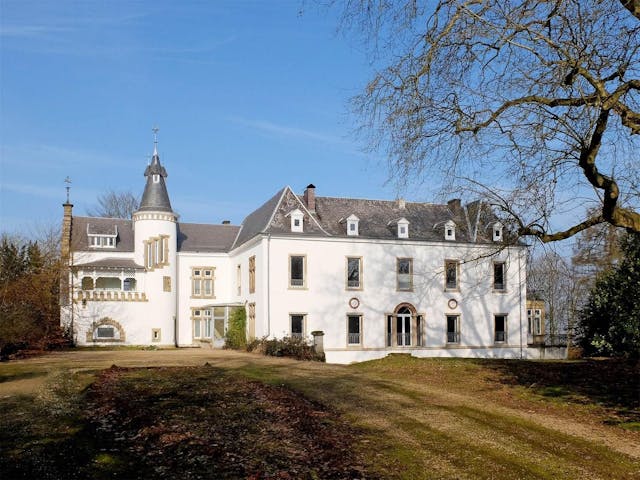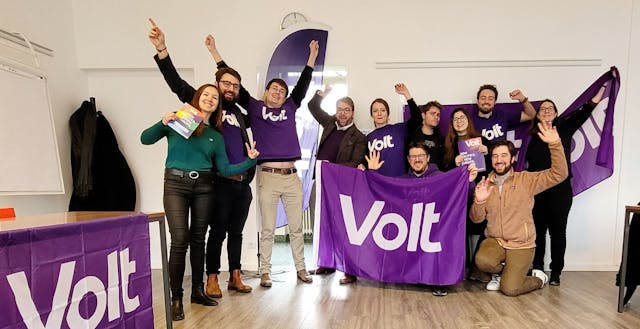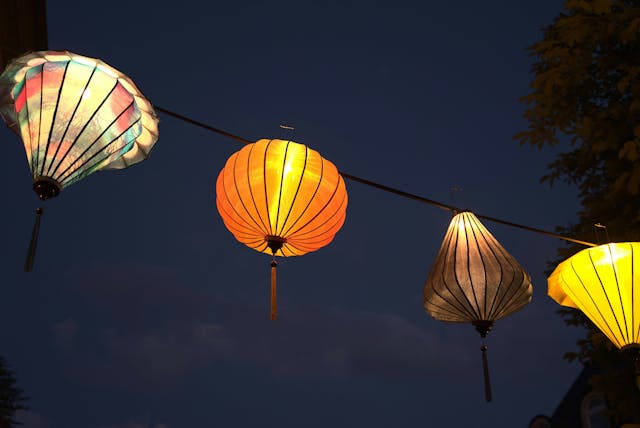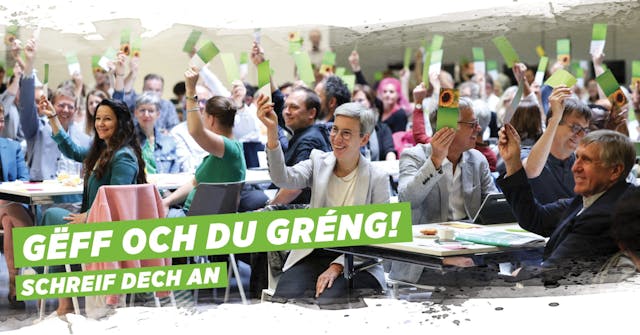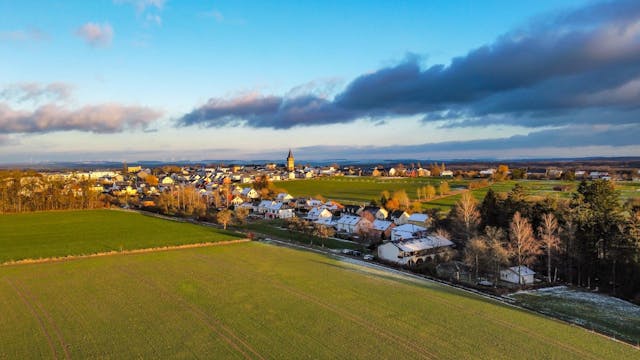"I would have been condemned to death 100 times in the past": Xavier Bettel's speech to the Council of Europe

Christian Lue, Unsplash
In Strasbourg today, Foreign Minister of Luxembourg Xavier Bettel officially assumed the presidency of the Council of Europe. Luxembourg will hold this position for the next six months, succeeding Lithuania and its Foreign Minister Gabrielius Landsbergis.
Xavier Bettel began his opening speech with the traditional words of gratitude to the previous president. He also expressed his support to Gabrielius Landsbergis in his decision to leave his political career, noted the country's successes during the last half of the year and wished to see him again in the political arena.
Turning to the challenges facing the Council, Xavier Bettel reminded that the EU and the Council of Europe in particular were conceived as a "Peace Project" and that the key values of modern European society are equality, tolerance and inclusion. He backed up his words with an example from his own biography:
"My grandfather was Polish, my grandmother was Russian, the other was French, the other one Luxembourgish. I'm gay. I'm married to a Belgian guy, so I would have been condemned to death 100 times in the past, but I am Luxembourgish, I've been Prime Minister and now Minister of Foreign Affairs. Things are going well".
One of Europe's main tasks, according to the new CoE President, is to fight oppression, to resist the incitement and normalisation of hatred. The spread of radical ideologies such as anti-Semitism, Islamophobia, persecution of Christians and other manifestations of aggression is not what helps people unite to solve common global problems.
This was another key argument in Xavier Bettel's speech. He stressed the importance of cooperation not only within the EU, but also with neighbouring regions to solve complex issues. The politician gave the example of clashes between Serbia and Kosovo, Armenia and Azerbaijan, Israel and Palestine, Russia and Ukraine.
"We’ve reached this situation today where we need to ask ourselves, ‘Am I free to show my religious affiliation?’...the hate of the other has become normalized. How do you explain to a young Israeli that Palestinians are human beings when they know people who are hostage of Hamas? And how do you explain to Palestinians that Israel is the good guys when they've just been burying their parents?"
Xavier Bettel draws the Council's attention to the fact that Europe's main strength lies in its unity, in its common values, not in the development histories of each country. It is this adherence to common ideals that allows the Union to be an effective political and economic force. The diversity of cultures, each valued on an equal footing with the others, can only be maintained through learning, enrichment and cultural exchange.
Returning to more down-to-earth issues, the President of the Council of Europe noted the emerging democratic regression in some countries, which could become a threat to the entire European Union, which now looks like a rather fragile organisation. One of the arguments in support of these words was the restrictions imposed on the media in some countries.
The matter concerns not only repressive measures, but also the rapid spread of disinformation. Xavier Bettel reminds that one of the foundations of modern European society and the political system of the European Union is not to be afraid of criticism, to be able to accept it, to benefit from it and to become better.
"Everything has become faster, and we need to be able to invest in the freedom of the press and let them do their job. Now we don't want the press to just be uncritically praiseful towards governments. These are not the values we are defending. We have to be able to accept criticism and let people do their job".
At the end of his speech, Xavier Bettel once again thanked those present and expressed his hopes for a long and productive co-operation: "The Council of Europe isn’t just a sort of weird spaceship...it’s an organization based on values. Let’s not forget why we’re here today".
